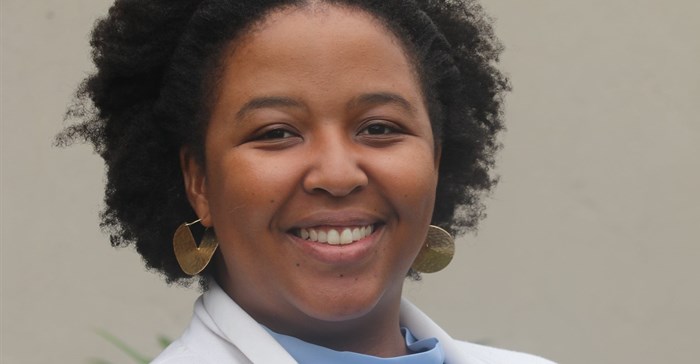Last year proved that SMEs are the backbone of the South African economy. Yet, existing debt, lack of cash reserves, outdated financials, and an inability to operate during the national lockdown, forced almost half of South African small businesses to shut down.

Kuhle Mnisi, operator investor, Secha Capital
Within the SME space, investors play a huge role in helping small businesses – not just with financial capital, which is greatly needed within the industry, but by providing them with on-the-ground support as well. From the local manufacturing of sneakers and healthy snacks, to the production of wigs and haircare products for women, South Africa has a variety of unique small businesses that need guidance and resources – now more than ever.
Moving forward, it’s essential that we rethink the way we invest in SMEs. While there has been an increased focus on funding tech start-ups in recent years, the most impactful investments are often the ones that have been overlooked by others. There are ways that funds can focus on creating a direct social and environmental impact, while still generating financial return. Here’s how:
1. Empowerment through job creation
Small businesses within the agribusiness and consumer good sectors create consistent, full-time jobs, yet they are often overlooked. The larger these companies grow, the more jobs they create. With South Africa’s high unemployment rate, it’s important that we invest in companies that have the potential to grow and create jobs for those who desperately need it.
2. Diversity and inclusivity
Making an impact doesn’t stop at job creation, but extends to diversity and inclusivity as well. Although we are making strides on gender equality within the entrepreneurship and SME sectors, women are still significantly underrepresented in these industries. Women, especially black women, often face more struggles when it comes to starting their own entrepreneurial ventures, with limited access to business networks and funding. As we enter into a new year, which will bring its own challenges for female entrepreneurs, it’s vital that we take active steps to support women-led businesses, by providing them with the capital and resources needed to succeed.
3. Investing for the long-term
Traditional venture capital funds have five to seven-year investment mandates. While there are advantages to this, it doesn’t always benefit the operating company, who are often forced to deal with new ownership structures and different strategic directions. Longer-term investments benefit both parties, ensuring consistency for the business and allowing funds to unlock value over an extended period of time. Investors are able to work closely with the small businesses, equipping them with the skills and knowledge required to accelerate growth.
4. Building businesses with purpose
Impact investing is an alternative approach to funding small businesses, which focuses on generating a social or environmental impact along with financial return. While many investors believe that there needs to be a trade-off between financial and social returns, there is a way to do well by doing good. From natural haircare products to locally manufactured biltong, we’ve learnt to target operating companies with sustainable business models and an intrinsic focus on a product or service that delivers social impact. These industries are often considered “boring” and are overlooked by other funders – however, every time a consumer buys or invests in this service, the money they spend stays local. This is vital to ensure economic stability for South Africa, especially during trying times.























































